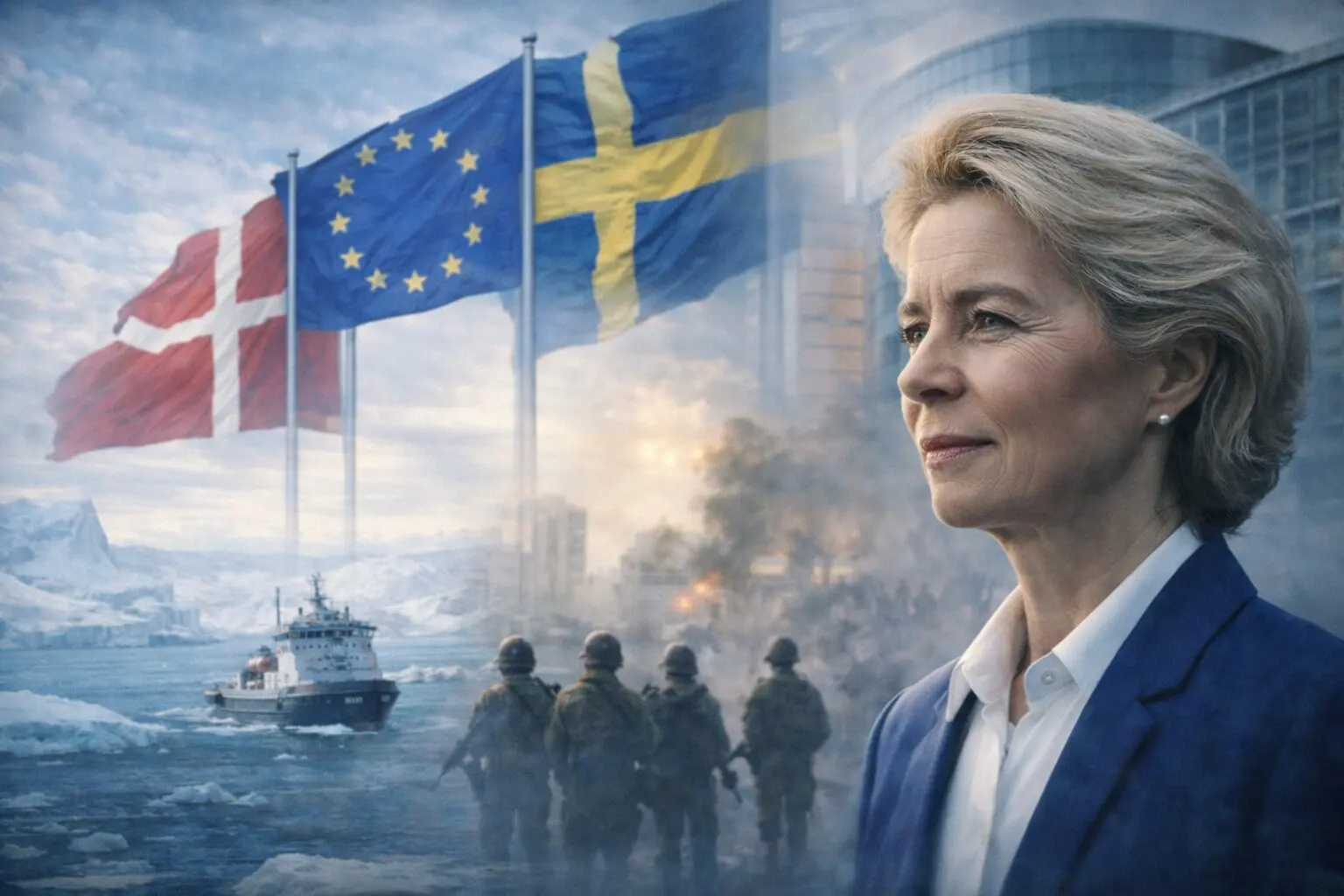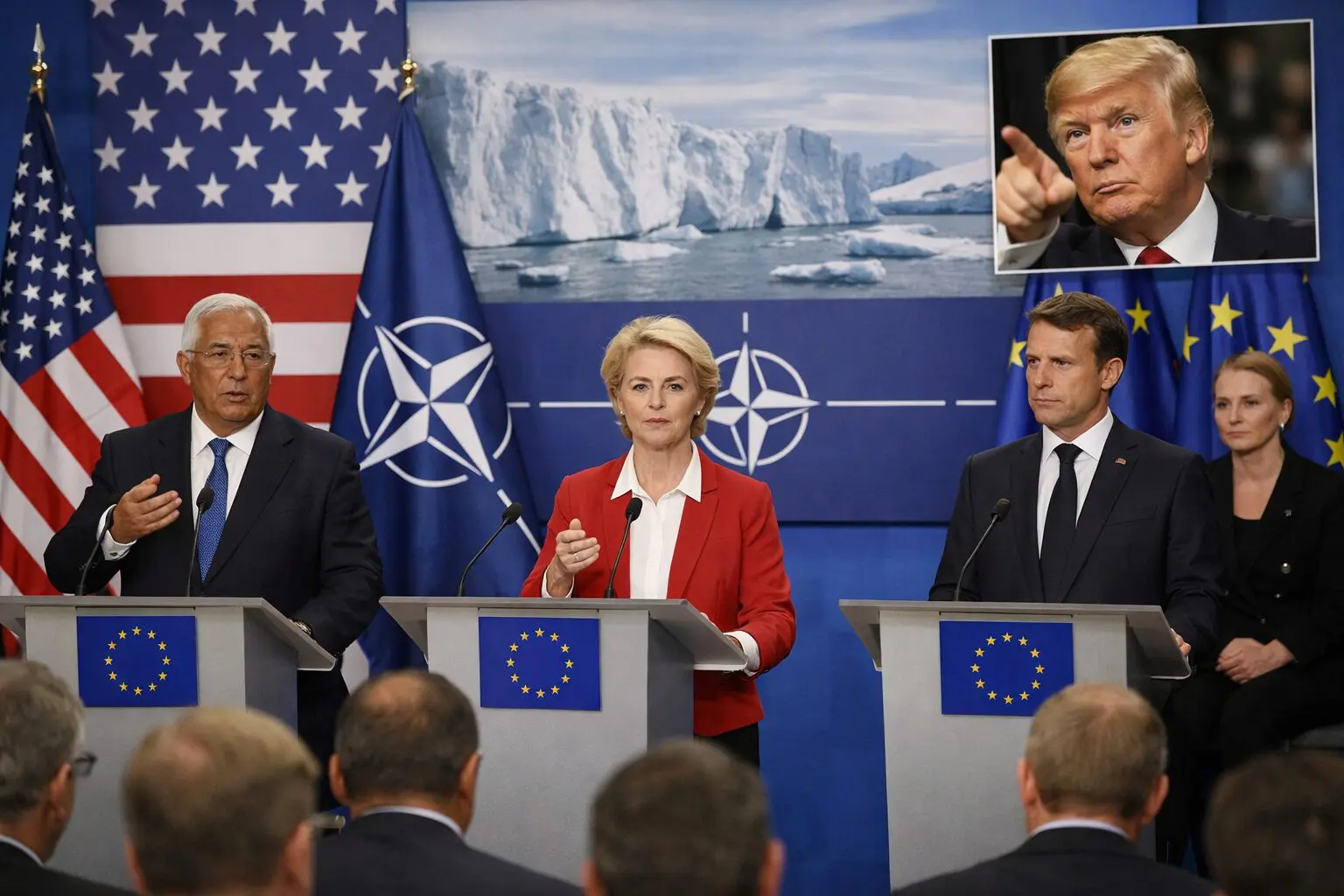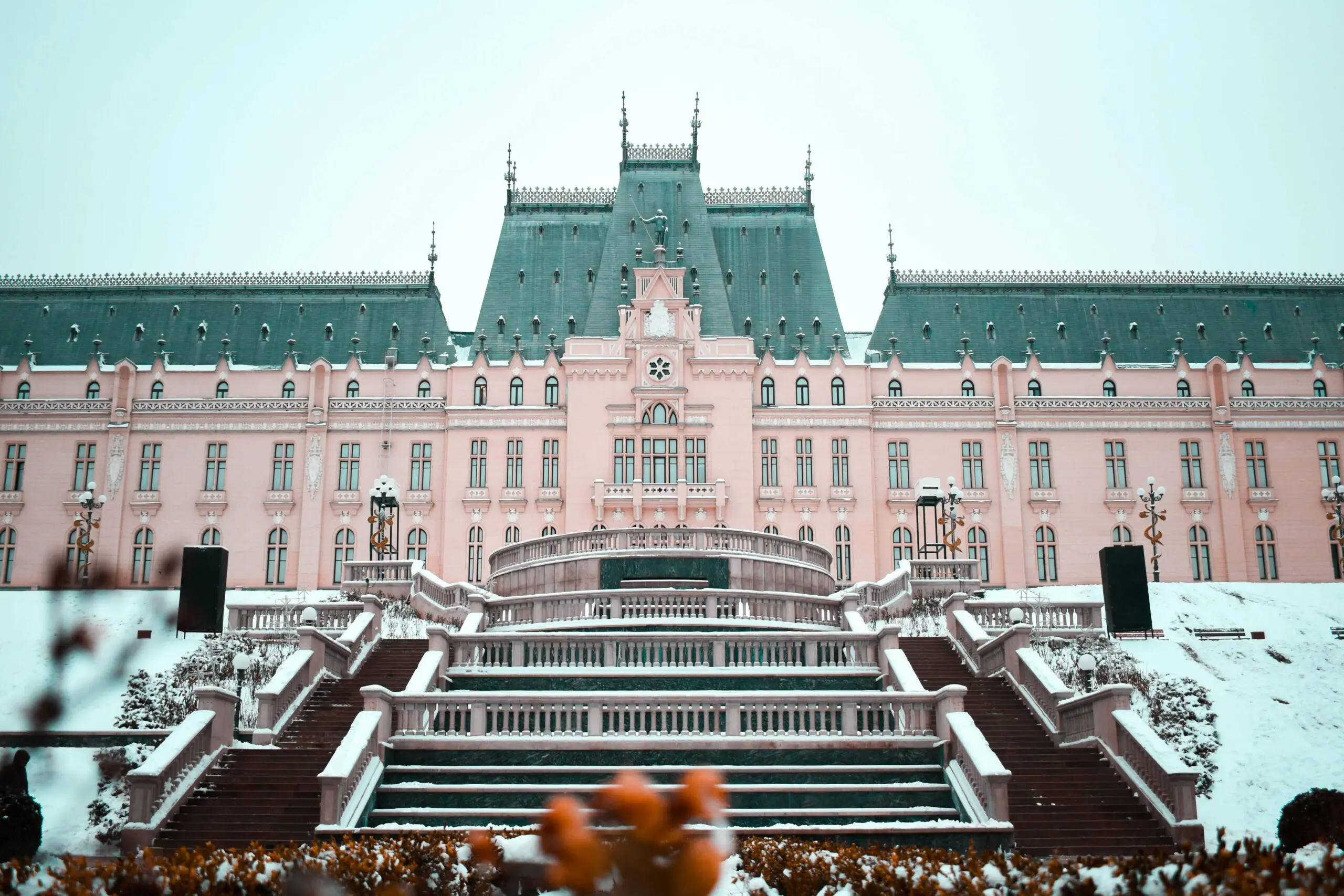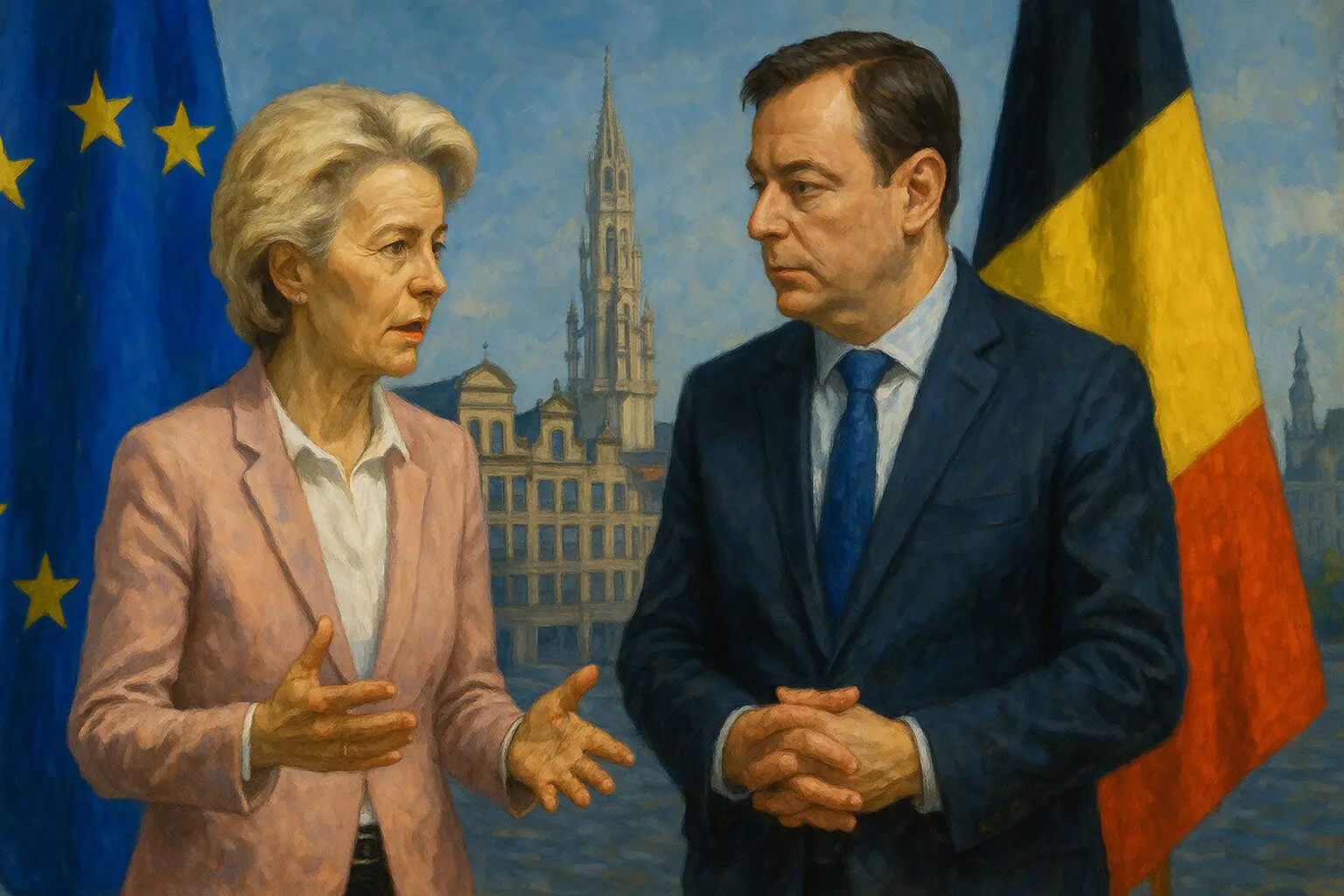The potential moral and legal responsibility of all those people for the crimes in Ukraine is a crucial, yet largely overlooked, issue. Historically, these are not altogether uncharted waters. As explored in an excellent book edited by Nina H B Jørgensen, funding international crimes, as well as providing material supplies such as weapons in support of them, can be a form of complicity under international criminal law. As some of the book’s chapters discuss, demonstrating that the funder knew their actions would assist the commission of a crime is likely to be the crucial hurdle, albeit one that can no doubt be satisfied in some circumstances. Conversely, ‘merely’ profiting from international crimes does not, in and of itself, trigger international criminal responsibility.
Way Forward
There may, therefore, be a disconnect between the moral and political assessment of war profiteers’ and, in some cases, funders’ role in Russia’s war in Ukraine and their legal responsibility. Some of them will no doubt be caught by existing rules, such as those who directly run private military companies that commit war crimes under their command. Others, such as those involved downstream in the theft and transfer of Ukrainian grain, may be left out.
For a complete legal assessment, one would need to study potential international crimes committed in Ukraine one by one – from murder to pillage, and beyond – and consider how financial involvement in them interacts with existing complicity rules. It would seem the need for such analysis is urgent, which is a task that governments and academics alike could usefully undertake.
If a bespoke Ukraine war crimes tribunal was established, particularly complex issues would arise. On the one hand, its statute could in principle provide for dedicated rules covering the funding of, or profiting from, international crimes committed in Ukraine. This would be consistent with the tribunal’s overarching objective to bring to accountability those with the greatest power over, and responsibility for, the war. On the other hand, in doing so, one would need to be careful to respect the fundamental legal principle that one cannot be liable for conduct that did not constitute a crime at the time it was committed. Overall, this is a matter that merits far greater prominence in the development of the emerging plans for bringing those responsible for Russia’s crimes to account.
The views expressed in this Commentary are the author’s, and do not represent those of RUSI or any other institution.
Have an idea for a Commentary you’d like to write for us? Send a short pitch to commentaries@rusi.org and we’ll get back to you if it fits into our research interests. Full guidelines for contributors can be found here.





